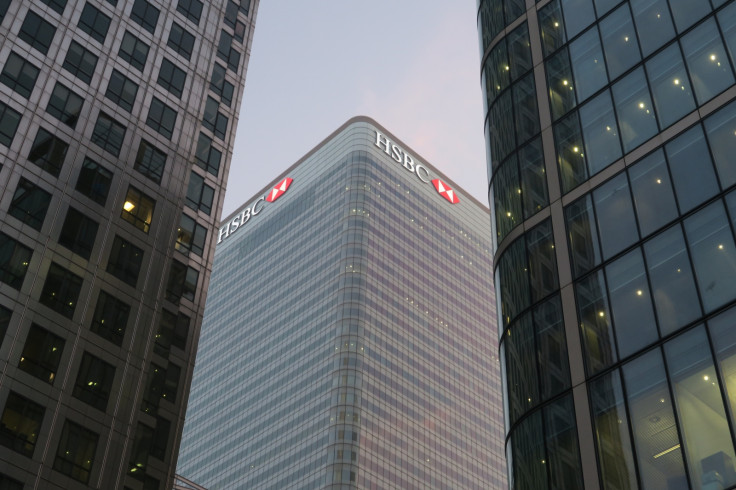HSBC profit plunges on slowdown in Britain and Hong Kong as Brexit uncertainty drags on
FTSE 100-listed lender announces $2.5bn shares buyback and warns of post-Brexit vote pressure for banks.

HSBC posted a sharp drop in profit in the first six months of its financial year, as the banking giant reported a slowdown in Britain and Hong Kong, its two key markets, and announced a share buyback programme.
In the six months to the end of June, the lender's core pre-tax profits fell 29% year-on-year to $9.7bn (£7.3bn, €8.7bn), marginally below the $10bn analysts had expected. In the quarter to June, meanwhile, the drop was even sharper, as pre-tax profits tumbled 45% from the corresponding period in the previous year to $3.45bn.
Increasing regulatory costs, persistently low interest rates and declining profits and yields have put great strain on the European banking sector over the last 12-18 months. For HSBC, the problems are compounded by slower growth in Hong Kong and by the uncertainty surrounding the British economy in the wake of the Brexit vote in June.
"Following the outcome of the referendum...there has been a period of volatility and uncertainty which is likely to continue for some time," said group chief executive Stuart Gulliver.
"We are actively monitoring our portfolio to quickly identify any areas of stress, however it is still too early to tell which parts may be impacted and to what extent."
HSBC, Europe's biggest lender by asset, added it will be under even more pressure in the near future, once the future of the EU banking passport system in the UK has been decided. The system allows banks based in an EU-member state to conduct business across the union, although British banks might no longer be able to take advantage of it following the referendum.
"Re-positioning our own European business once the future of the UK's current 'passporting' arrangements for financial services is clarified in the upcoming negotiations will add to the very heavy workload already in place to address the regulatory and technological changes that are reshaping our industry," the bank said on Wednesday (3 August).
HSBC added it has pushed back its intended target of achieving a return of equity of at least 10% by the end of 2017, claiming it was "no longer achievable" given the ongoing low interest rates.
Meanwhile, the FTSE 100-listed bank unveiled a share buyback programme worth up to $2.5bn. The lender will start buying shares back in the second half of its financial year, although it did not explain whether the move had already been approved by the Prudential Regulation Authority.
Gulliver said the buyback should "benefit all shareholders and demonstrates the strength and flexibility of our balance sheet."
© Copyright IBTimes 2025. All rights reserved.






















